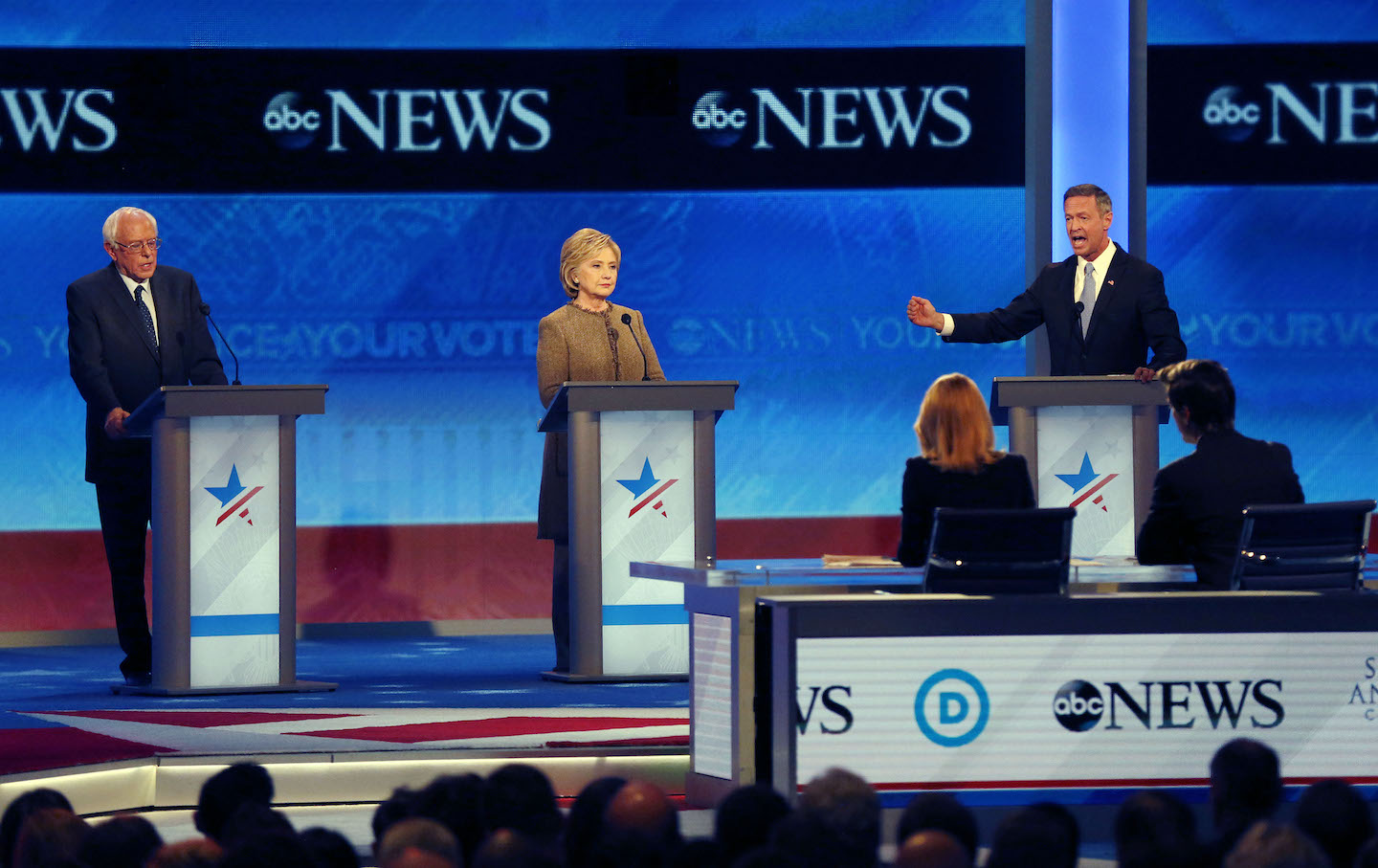Debate is
contention in argument; strife, dissension, quarrelling, controversy;
especially a formal discussion of subjects in front of a public assembly or
legislature, in Parliament or in any deliberative assembly.

Debate is a
method of formally presenting an argument in a disciplined manner. Through
logical consistency, factual accuracy and some degree of emotional appeal to
the audience are elements in debating, where one side often prevails over the
other party by presenting a superior "context" and/or framework of
the issue. The outcome of a debate may depend upon consensus or some formal way
of reaching a resolution, rather than the objective facts. In a formal debating
contest, there are rules for participants to discuss and decide on differences,
within a framework defining how they will interact.
Debating is
carried out in debating chambers and assemblies of various types to discuss
matters and to make resolutions about action to be taken, often by voting.
Deliberative bodies such as parliaments, legislative assemblies, and meetings
of all sorts engage in debates. In particular, in parliamentary democracies a
legislature debates and decides on new laws. Formal debates between candidates
for elected office, such as the leaders debates that are sometimes held in
democracies. Debating is also carried out for educational and recreational
purposes, usually associated with educational establishments and debating
societies. The major goal of the study of debate as a method or art is to
develop the ability to debate rationally from either position with equal ease.
Informal
and forum debate is relatively common, shown by TV shows such as the Australian
talk show, Q&A, the quality and depth of a debate improves with the
knowledge and skills of its participants as debaters. The outcome of a contest
may be decided by audience vote, by judges, or by some combination of the two.
Although
debating in various forms has a long history, and can be
traced back to the philosophical and political debates of Ancient Greece, such
as Athenian democracy, modern forms of debating and the establishment of
debating societies occurred during the Age of Enlightenment in the 18th
century.
Debating
teams are often helpful to high school students in teaching the writing
process, as well as in teaching rhetoric.
Debating
societies emerged in London in the early eighteenth century, and soon became a
prominent fixture of national life. The origins of these societies are not
certain in many cases however, by the mid-18th century, London fostered an active
debating society culture. Debating topics covered a broad spectrum of topics
while the debating societies allowed participants from both genders and all
social backgrounds, making them an excellent example of the enlarged public
sphere of the Age of Enlightenment. Debating societies were a phenomenon
associated with the simultaneous rise of the public sphere, a sphere of
discussion separate from traditional authorities and accessible to all people
that acted as a platform for criticism and the development of new ideas and
philosophy.
No comments:
Post a Comment